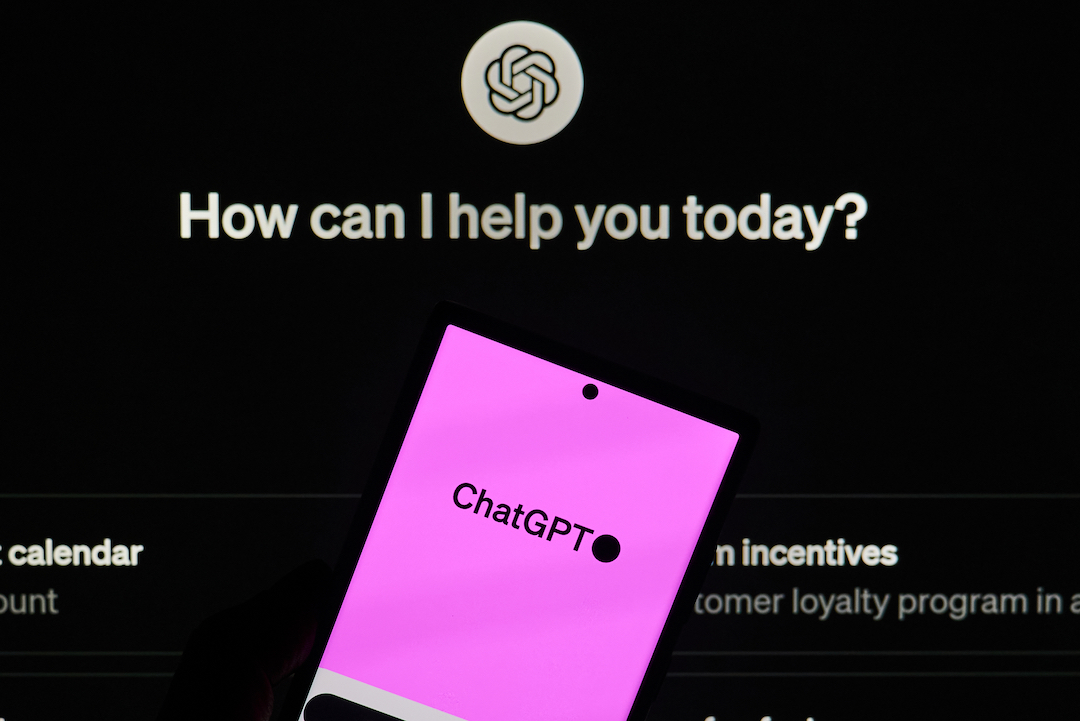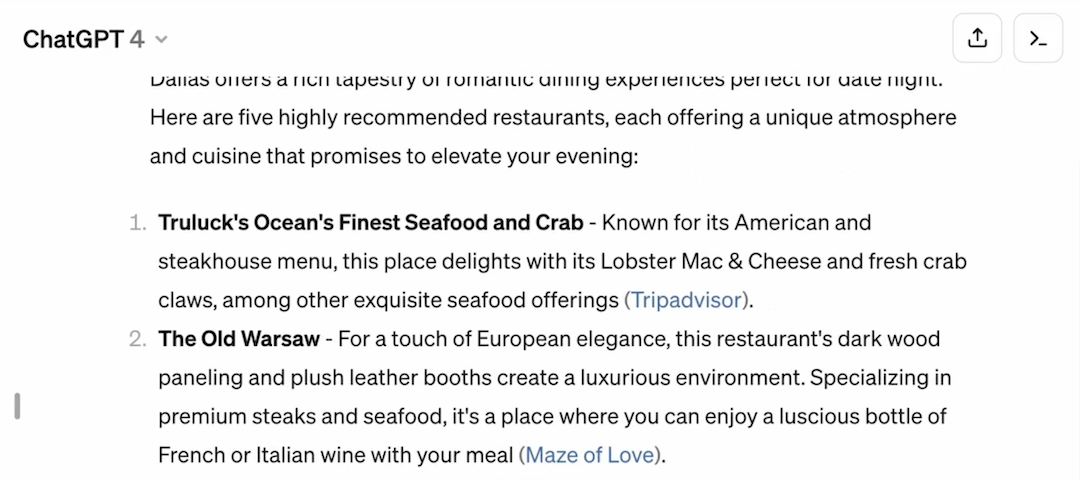ChatGPT Is Finally Citing Its Sources, With Links, In Its Responses
By Mikelle Leow, 31 Mar 2024

Photo 308874081 © Dennizn | Dreamstime.com
For many, ChatGPT has been a nifty companion for research and content generation. But one persistent criticism has been its lack of transparency—users often have no idea where the information it provides comes from, or if it can even be believed.
A recent announcement from ChatGPT maker OpenAI seems to address these concerns, with the company proclaiming that links will now be “more prominent when ChatGPT browses the internet.”
We're making links more prominent when ChatGPT browses the internet. This gives more context to its responses and makes it easier for users to discover content from publishers and creators. Browse is available in ChatGPT Plus, Team and Enterprise. pic.twitter.com/1ChlZvVMUy
— OpenAI (@OpenAI) March 29, 2024
While ChatGPT won’t be spontaneously quoting its sources like a research paper, its browsing functionality—available to paid subscribers of the ChatGPT Plus, Team, and Enterprise tiers—will finally name the origin of content.
Users can now check the facts and explore topics further with a simple click. Think footnotes you can actually click on. This might be one way OpenAI is tackling the issue of “hallucination”—where large language models sometimes make stuff up. By letting customers trace information back to the source, they can decide what’s real and what’s AI fantasy.

Video screenshot via OpenAI
But is there more to the story? This update comes on the heels of a lawsuit by The New York Times against OpenAI, claiming ChatGPT lifted content from its articles without credit, and that its business model is being threatened since readers are using the chatbot to bypass its paywall.
ChatGPT will also have to stay competitive, with Anthropic’s Claude 3 recently hailed as the first to surpass GPT-4 in terms of handling advanced tasks, efficiency, and cost-effectiveness. Microsoft Copilot has also been citing source links for a long time, and it does it for free. Google’s Gemini, too, has a “double-check response” function that uses browsing to scan texts for transparency.
[via ZDNet, Beebom, XDA Developers, images via various sources]





